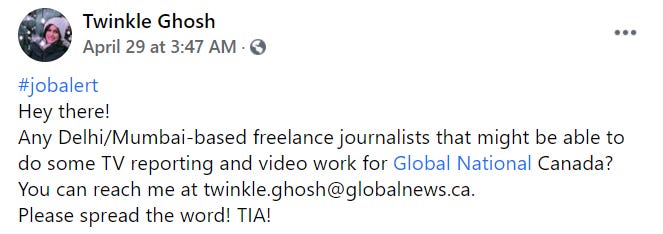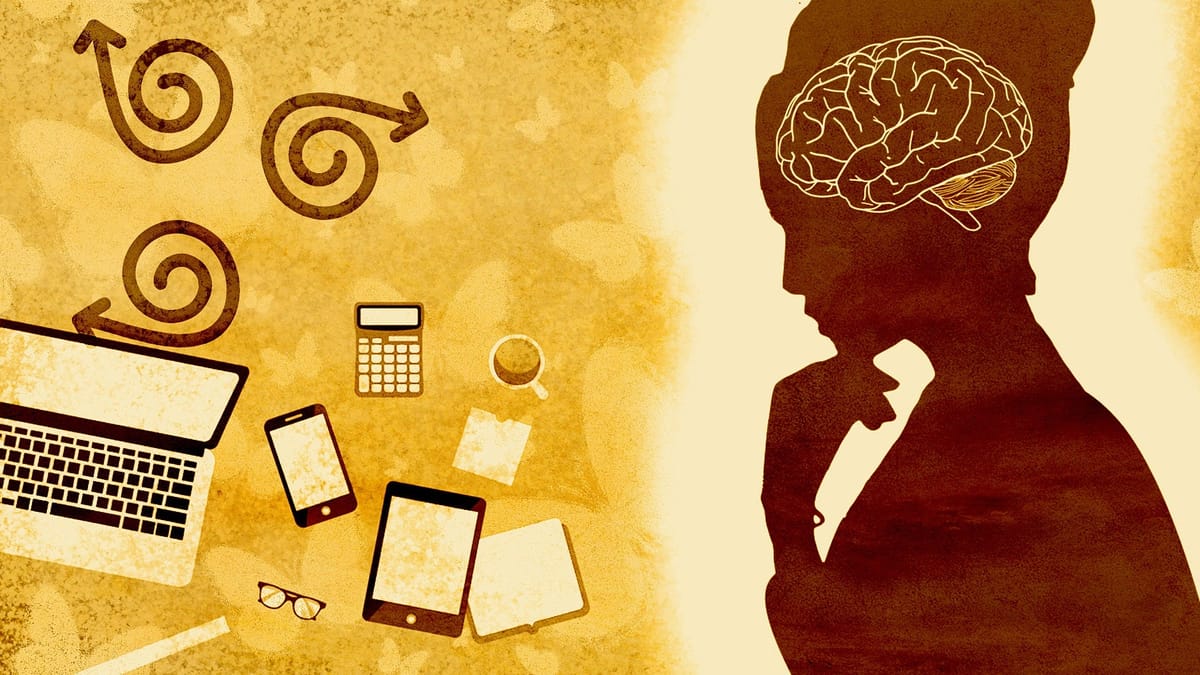As the pandemic gains steam, the mental health of millions is at stake. "Journalists occupy a unique position at the intersection of news, mental health, and societal norms. Those called to the profession of journalism likely have intuitive listening gifts and can easily put themselves in the shoes of another — a capacity for empathy. At times, journalists have led entire nations to endure moments of collective trauma and adversity. [...] In that sense, journalists are not unlike mental health professionals in that they help us process emotional trauma and transform chaos into “meaning-making,” which allows others to heal," Dr Glenda Gordon, a US-based psychiatrist and mental health policy expert told Centre for Health Journalism. Journalists are generally seen running towards adversities as others might run in the opposite direction. But they too are humans, often caught between the line of duty and their own well-being.
According to a survey of reporters run by Reuters in July 2020, a significant number (around 70%) of respondents suffered from psychological distress. Out of this, 26% showed signs of clinically significant anxiety and 11% showed signs of PTSD. It's been a while since journalists got a chance to catch a break given how active the political landscape has been globally for the past few years. Press folks are, in a way, expected to endure these situations as a part and parcel of their work, as a result of which mental health is often shelved away. Talking about it can cast aspersions on your professional capabilities and lead to job insecurity. But on the other hand, unfathomable circumstances and workload can cause burnout.
COVID-19 coverage has been hogging the centre stage since the beginning of 2020 and continues to do so, with some intermittent segues which too are equally exhausting. The unprecedented scale of the pandemic has left the world grappling with facts, figures, polarisation and misinformation about all these things. As journalists try to navigate this unchartered territory, press freedom is pushed into grave danger, globally, which is a struggle in itself. On the other hand, the stress of always being on a story can really push journalists into a daunting corner. In an attempt to help deal with this Al Tompkins, a journalist and his wife Sidney Tompkins, a licensed psychotherapist put together this video reflecting on ways to deal with trauma and stress. You can read the text version, here.
An IFJ (International Federation of Journalists) story rightly lays down one basic rule: Journalists must understand their role as a journalist but you, as a human being are more important than being a journalist and you have the right to rest and to have a social life. Yes, it sounds much easier said than done given the crisis the media is in currently and newsroom pressure, but it's a thing to consider.
While individual reporters may not exactly have the option to take this call, unions and newsrooms can step up to prioritise the mental health of their journalists. International Journalists' Network has a compilation of tips and resources that can come in handy. From what can be done at an individual level to the roles that newsrooms can play, there are a bunch of logical steps in here. Here's another constantly updated compendium of resources to assist journalists dealing with stress and trauma.
Feminism in India, recently, announced on their social media handles that they'd be taking a one-week-long break in order to prioritise the physical and mental health of their employees. All of them were put on mandatory leaves.
That's one way to do it. Perhaps ensuring everyone is catching a weekly break is another. Additionally, monitoring the number of hours spent on reporting trauma stories, setting up mental health protocols, and creating an overall safe environment may help comfort the foot soldiers.
In the feat to report on the ground reality, journalists often put a lot on the line. And it's only fair that their physical and mental health be given priority. Sometimes that process can start with just checking in on colleagues and friends.

We’ve started our second round of fellowship with selected candidates. Stay tuned for more from our new batch.
Meanwhile, know more about the stories done by our fellows from the previous batch: https://inold.news

The Pioneer is hiring:

Opportunity for freelance journalists:

ABOUT THIS NEWSLETTER
This newsletter is an attempt to keep up and share all the latest and greatest stories in media and how they get done. Read about it here: About In Old News-Letter. And if you were forwarded this newsletter, here’s how you can sign up to get the latest editions as they come out!

